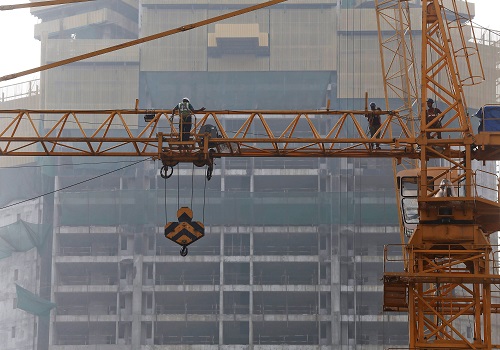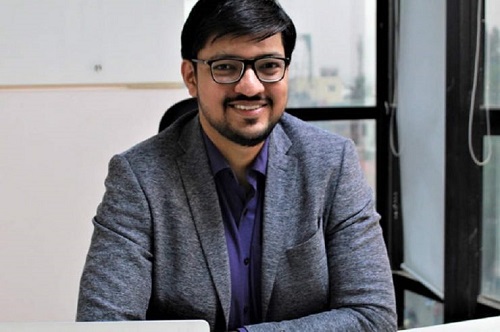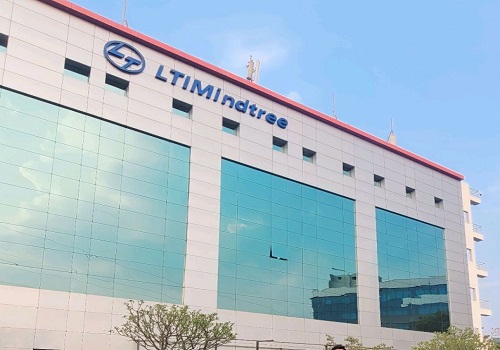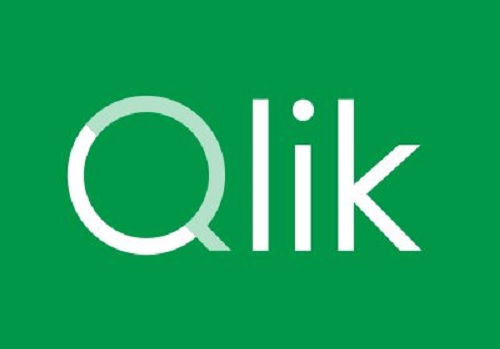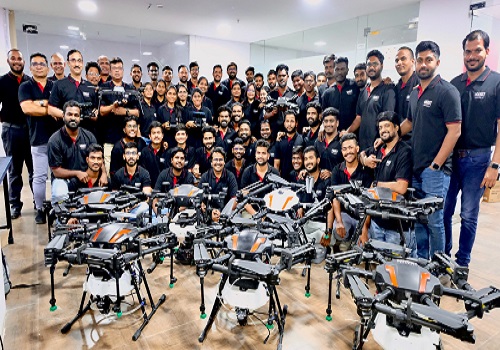Robust cybersecurity measures must for global health tech industry

Follow us Now on Telegram ! Get daily 10 - 12 important updates on Business, Finance and Investment. Join our Telegram Channel
As the global healthcare industry embraces technology, with interconnected medical devices, there is an urgent need for robust cybersecurity measures to safeguard patients' data, a report showed on Friday.
The report by GlobalData, a data and analytics company, showed that the medical devices sector is experiencing a significant rise in cybersecurity spending. The growth is projected at 12.9 per cent from $631.2 million to $1.2 billion between 2022 and 2027 -- a response to the increasing number of cyber threats targeting devices in healthcare settings.
“Healthcare is uniquely susceptible due to the value of personal data and the extensive network of connected devices. This network can include legacy systems with outdated security protocols and personal devices connected to health networks,” said Ashley Clarke, Senior Medical Analyst at GlobalData.
Calling the need to invest in cybersecurity as “critical” Clarke noted that when healthcare technology gets breached, “there is an immediate need to restore compromised systems to ensure patient well-being”.
Data breaches in the healthcare sector are on the rise worldwide. In the US, the Department of Health and Human Services reported a two-fold increase in affected individuals from 2022 to 2023 and a further 15 per cent increase in the first half of 2024.
In India, top institutions such as the All India Institute of Medical Sciences (AIIMS) and the Indian Council of Medical Research (ICMR) were also affected due to the breach.
According to the report, 68 per cent of medical devices will be network-connected by 2025, expanding the risk landscape. This means that a single vulnerability could lead to widespread disruptions.
“Implementing comprehensive security measures is essential to protect patient data, ensure uninterrupted care, and minimise the opportunities and impact of cyberattacks, especially given the industry's reliance on monopolised, interconnected technologies,” Clarke said.

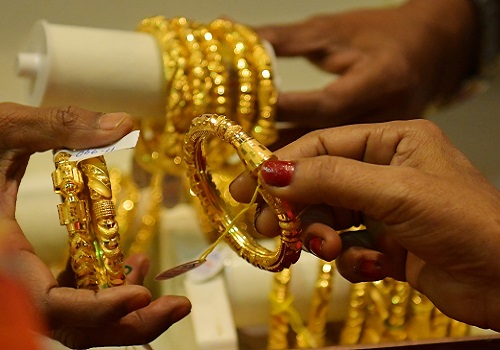

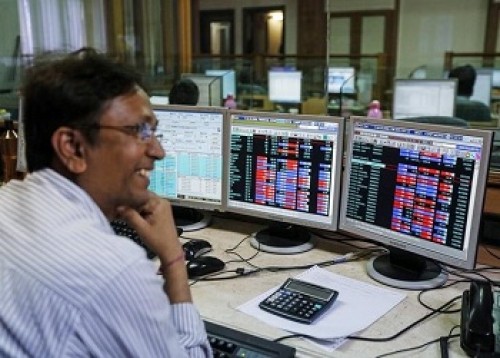


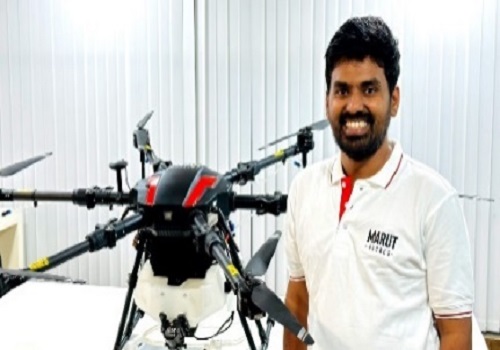
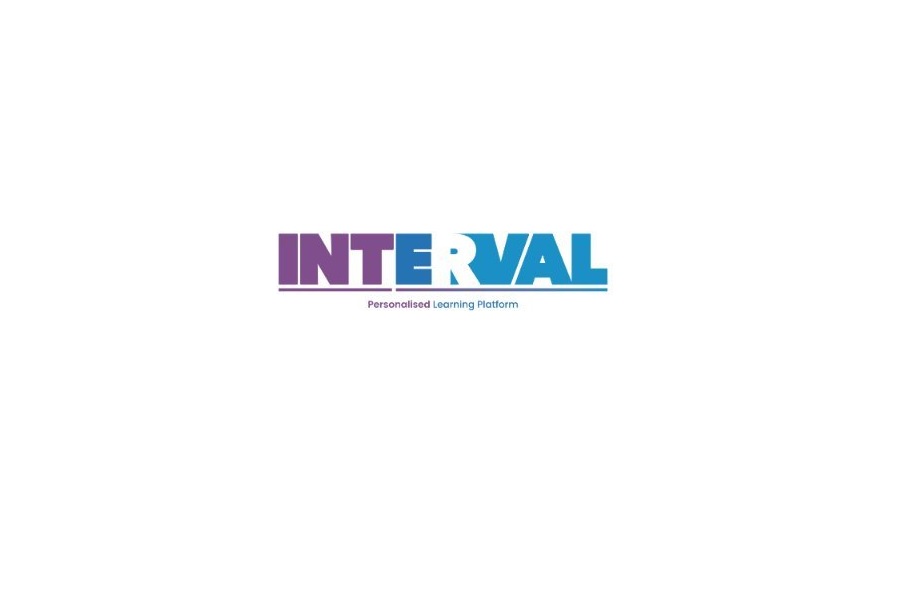

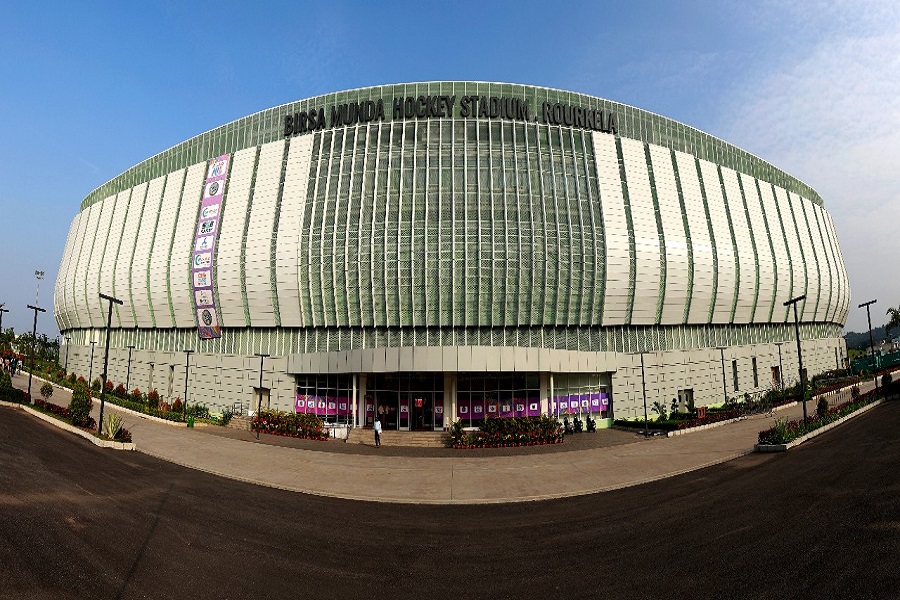


 320-x-100_uti_gold.jpg" alt="Advertisement">
320-x-100_uti_gold.jpg" alt="Advertisement">



